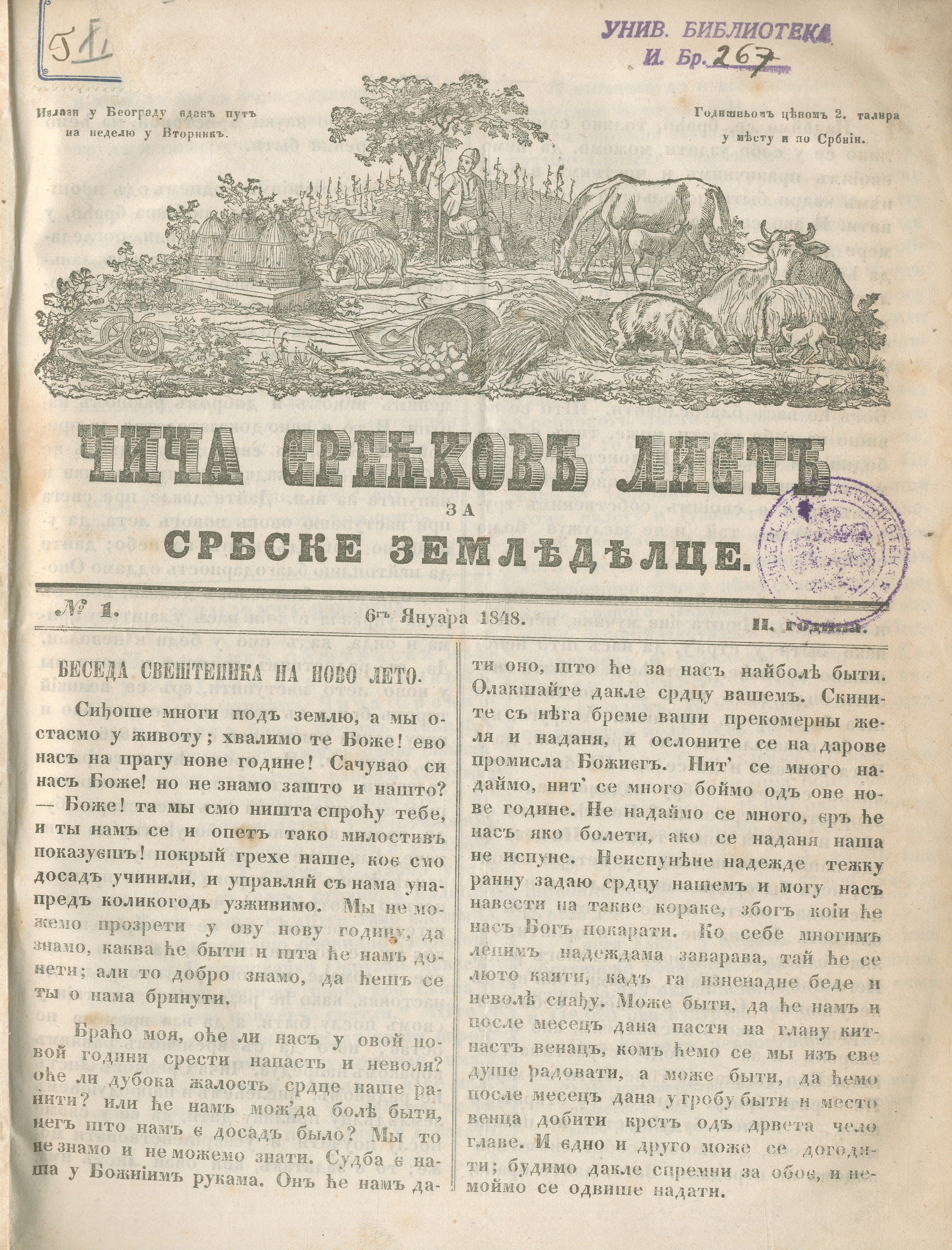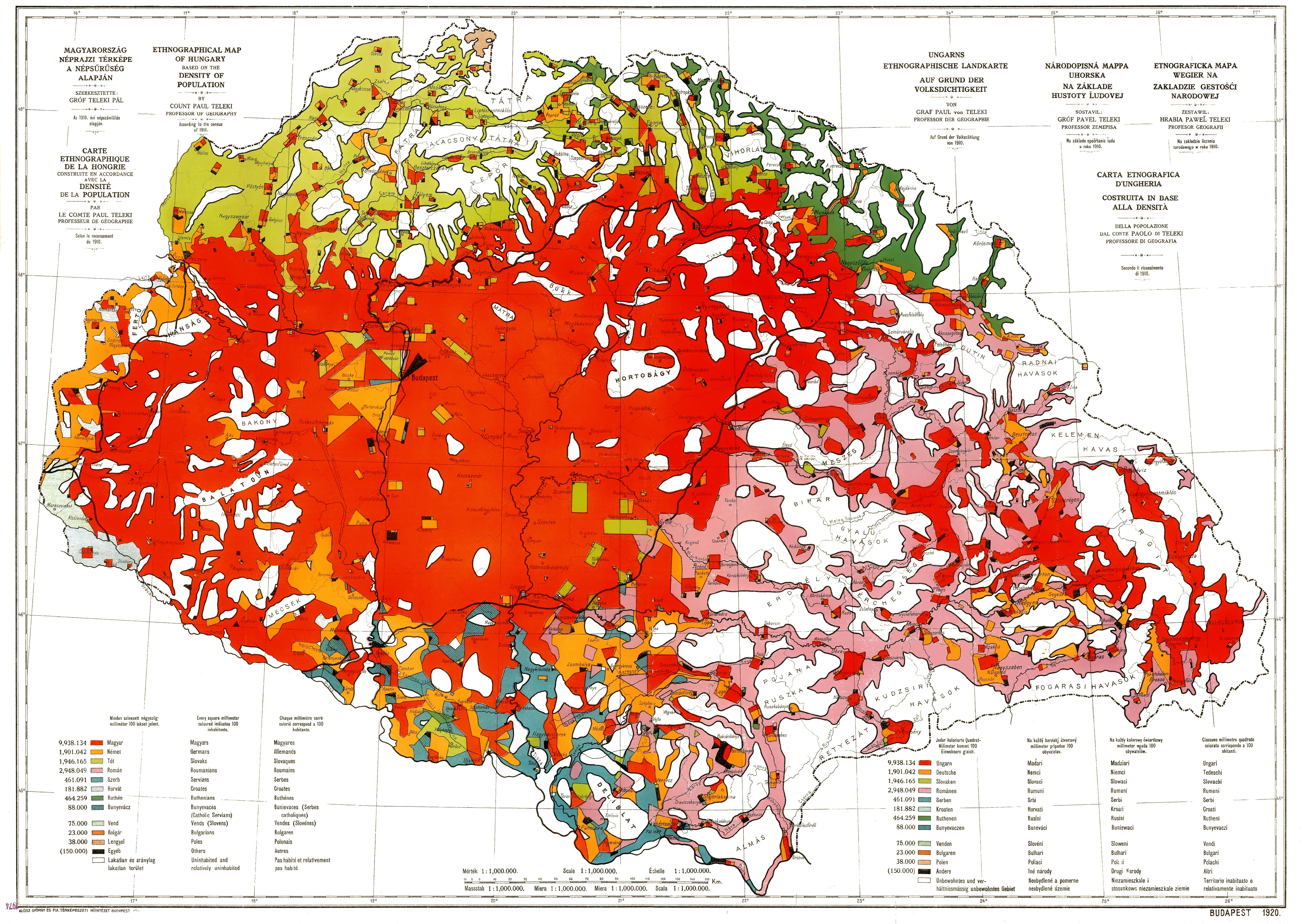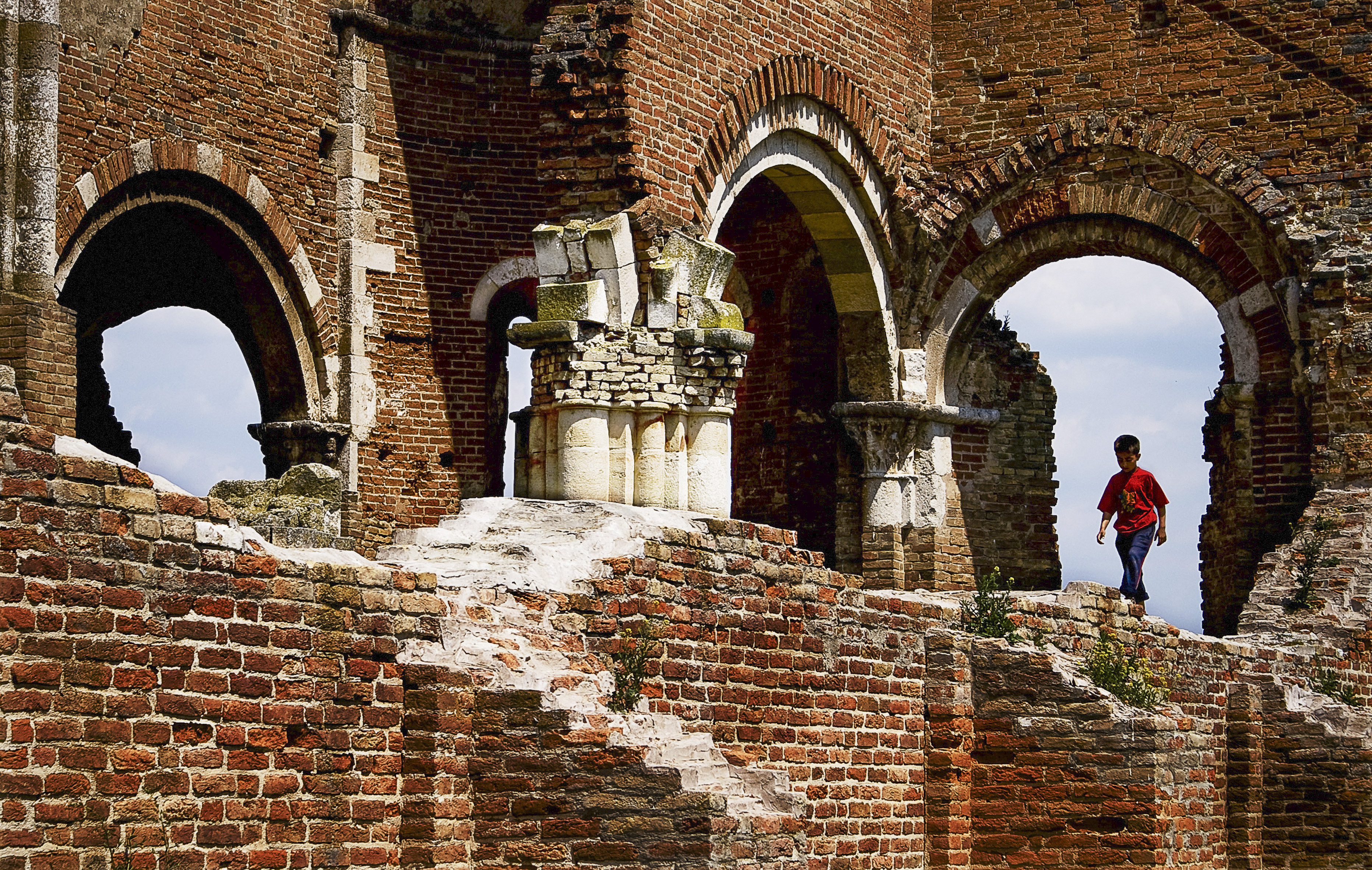|
Atanasije Nikolić
Atanasije Nikolić ( Serbian: ; Bački Brestovac, Bačka, 18 January 1803 — Belgrade, 28 July 1882) was a Serbian teacher and writer, the first mathematics professor and rector at the Lyceum in Kragujevac. He wrote the first undergraduate textbooks in mathematics, algebra, geometry, trigonometry in the Serbian language. He was also employed by the Serbian Ministry of Construction and Public Works as an architect in the then capital city of Kragujevac and later Belgrade Belgrade ( , ;, ; Names of European cities in different languages: B, names in other languages) is the Capital city, capital and List of cities in Serbia, largest city in Serbia. It is located at the confluence of the Sava and Danube rivers a .... Today he is remembered as one of the dozen writers who arrived on the scene in the early stages of the nineteenth century along with Jevstatije Mihajlović, Vasilije Čokrljan, playwright Vasilije Jovanović, Miloš Lazarević. Vladislav Jovanović-Čikoš, Josif ... [...More Info...] [...Related Items...] OR: [Wikipedia] [Google] [Baidu] |
Bački Brestovac
Bački Brestovac () is a village in Serbia. It is situated in the Odžaci municipality, in the West Bačka District, Vojvodina province. The village has a Serb ethnic majority and its population numbering 3,469 people (2002 census). Name Names in other languages: , . Historical population *1961: 5,226 *1971: 4,589 *1981: 3,876 *1991: 3,737 Notable residents *Atanasije Nikolić See also *List of places in Serbia *List of cities, towns and villages in Vojvodina This is a list of cities, towns and villages in Vojvodina, a province of Serbia. List of largest cities and towns in Vojvodina List of urban settlements in Vojvodina List of all urban settlements (cities and towns) in Vojvodina with populati ... References *Slobodan Ćurčić, Broj stanovnika Vojvodine, Novi Sad, 1996. External links MZ Backi Brestovac [...More Info...] [...Related Items...] OR: [Wikipedia] [Google] [Baidu] |
Cica Sreckov List 01
The Conference on Interaction and Confidence-Building Measures in Asia (CICA) is an inter-governmental forum for enhancing cooperation towards promoting peace, security and stability in Asia. It is a forum based on the recognition that there is a close link between peace, security and stability in Asia and in the rest of the world. The key idea of the Conference is based on the priority of the indivisibility of security, joint initiative and mutually beneficial interaction of small and large states. The idea of convening the CICA was first proposed by Kazakhstan President Nursultan Nazarbayev on 5 October 1992, at the 47th Session of the United Nations General Assembly. On October 5, 2017, the CICA process celebrated its 25th anniversary. Background The proposal for convening the CICA was welcomed by a number of Asian countries. During the next seven years, a series of meetings were held among the interested countries to discuss modalities of convening the CICA and draft b ... [...More Info...] [...Related Items...] OR: [Wikipedia] [Google] [Baidu] |
People From Odžaci
A person ( : people) is a being that has certain capacities or attributes such as reason, morality, consciousness or self-consciousness, and being a part of a culturally established form of social relations such as kinship, ownership of property, or legal responsibility. The defining features of personhood and, consequently, what makes a person count as a person, differ widely among cultures and contexts. In addition to the question of personhood, of what makes a being count as a person to begin with, there are further questions about personal identity and self: both about what makes any particular person that particular person instead of another, and about what makes a person at one time the same person as they were or will be at another time despite any intervening changes. The plural form "people" is often used to refer to an entire nation or ethnic group (as in "a people"), and this was the original meaning of the word; it subsequently acquired its use as a plural form of ... [...More Info...] [...Related Items...] OR: [Wikipedia] [Google] [Baidu] |
1882 Deaths
Year 188 (CLXXXVIII) was a leap year starting on Monday of the Julian calendar. At the time, it was known in the Roman Empire as the Year of the Consulship of Fuscianus and Silanus (or, less frequently, year 941 ''Ab urbe condita''). The denomination 188 for this year has been used since the early medieval period, when the Anno Domini calendar era became the prevalent method in Europe for naming years. Events By place Roman Empire * Publius Helvius Pertinax becomes pro-consul of Africa from 188 to 189. Japan * Queen Himiko (or Shingi Waō) begins her reign in Japan (until 248). Births * April 4 – Caracalla (or Antoninus), Roman emperor (d. 217) * Lu Ji (or Gongji), Chinese official and politician (d. 219) * Sun Shao, Chinese general of the Eastern Wu state (d. 241) Deaths * March 17 – Julian, pope and patriarch of Alexandria * Fa Zhen (or Gaoqing), Chinese scholar (b. AD 100) * Lucius Antistius Burrus, Roman politician (executed) * Ma Xiang ... [...More Info...] [...Related Items...] OR: [Wikipedia] [Google] [Baidu] |
1803 Births
Eighteen or 18 may refer to: * 18 (number), the natural number following 17 and preceding 19 * one of the years 18 BC, AD 18, 1918, 2018 Film, television and entertainment * ''18'' (film), a 1993 Taiwanese experimental film based on the short story ''God's Dice'' * ''Eighteen'' (film), a 2005 Canadian dramatic feature film * 18 (British Board of Film Classification), a film rating in the United Kingdom, also used in Ireland by the Irish Film Classification Office * 18 (''Dragon Ball''), a character in the ''Dragon Ball'' franchise * "Eighteen", a 2006 episode of the animated television series ''12 oz. Mouse'' Music Albums * ''18'' (Moby album), 2002 * ''18'' (Nana Kitade album), 2005 * '' 18...'', 2009 debut album by G.E.M. Songs * "18" (5 Seconds of Summer song), from their 2014 eponymous debut album * "18" (One Direction song), from their 2014 studio album ''Four'' * "18", by Anarbor from their 2013 studio album '' Burnout'' * "I'm Eighteen", by Alice Cooper commonl ... [...More Info...] [...Related Items...] OR: [Wikipedia] [Google] [Baidu] |
Saint Sava
Saint Sava ( sr, Свети Сава, Sveti Sava, ; Old Church Slavonic: ; gr, Άγιος Σάββας; 1169 or 1174 – 14 January 1236), known as the Enlightener, was a Serbian prince and Orthodox monk, the first Archbishop of the autocephalous Serbian Church, the founder of Serbian law, and a diplomat. Sava, born as Rastko Nemanjić ( sr-cyr, Растко Немањић), was the youngest son of Serbian Grand Prince Stefan Nemanja (founder of the Nemanjić dynasty), and ruled the appanage of Zachlumia briefly in 1190–92. He then left for Mount Athos, where he became a monk with the name ''Sava'' (''Sabbas''). At Athos he established the monastery of Hilandar, which became one of the most important cultural and religious centres of the Serbian people. In 1219 the Patriarchate exiled in Nicea recognized him as the first Serbian Archbishop, and in the same year he authored the oldest known constitution of Serbia, the ''Zakonopravilo'' nomocanon, thus securing full religious ... [...More Info...] [...Related Items...] OR: [Wikipedia] [Google] [Baidu] |
Slava (feast)
Slava ( sr-Cyrl, Слава, lit=Glory, Celebration, ) is a tradition of the ritual of glorification of one's family's patron saint, found mainly among Serbian Orthodox Christians. The family celebrates the Slava annually on the saint's feast day. In 2014 it was inscribed in UNESCO Intangible Cultural Heritage Lists of Serbia. Overview The Slava is a family's annual ceremony and veneration of their patron saint. It is a tribute to the family's first ancestor who was baptized into Christianity, with its presiding saint. The family's patron saint is passed down from father to son and only males are allowed to carry out the Slava's rituals. Upon marriage, women typically adopt the patron saint of their spouse although it is not uncommon for them to continue celebrating their native family's saint as well (in which case the secondary one is known as ''preslava''). Close friends and family gather at the home for a ritual feast. Although a religious ceremony for the purpose of saint ... [...More Info...] [...Related Items...] OR: [Wikipedia] [Google] [Baidu] |
Jovan Sterija Popović
Jovan Sterija Popović (; sr-cyr, Јован Стерија Поповић; 13 January 1806 – 10 March 1856) was a Serbian playwright, poet, lawyer, philosopher and pedagogue who taught at the Belgrade Higher School. Sterija was recognized by his contemporaries as the one of the leading Serbian intellectuals and he is regarded as one of the best comic playwrights in Serbian literature. Life Popović was born in Werschetz (Vršac), in the Temesch County of Habsburg Kingdom of Hungary (now Serbia). His father Sterija (meaning "star"), after whom he was nicknamed, was a merchant. The ethnicity of Popović's father and of Popović himself is disputed, with some saying that they were of Aromanian descent while others saying they were of Greek one. His maternal grandfather was known painter and poet Nikola Nešković, of whom he would later write a biography. Popović attended grammar schools in Vršac, Karlowitz (Sremski Karlovci), Temeschwar (Timișoara) and Ofenpesth (B ... [...More Info...] [...Related Items...] OR: [Wikipedia] [Google] [Baidu] |
Đumrukana
Theatre on Đumruk, or Đumrukana ( sr-Cyr, Ђумрукана), was a theatre in Belgrade, the capital of Serbia. Originally a customs house which was built in 1835 near Belgrade docks in the neighborhood of Savamala, it was adapted into the theater, as a first regular Belgrade theater house, which was active 1841–1842. Customs house The Đumrukana building (from Turkish '' gümrük''), was the very first administrative building built in the newly autonomous Principality of Serbia from the Ottoman Empire and as such was a symbol of the liberated country. The building was designed by modern Serbian building pioneer Nikola Živković (known as Hadži-Neimar), perhaps under the guide of Franz Janke, the first state engineer of the Principality of Serbia. It was built around 1835, and was one of the first objects outside of the Belgrade Fortress built completely from solid building materials (brick and stone). The object was located close to the Sava Gate, one of the outer ga ... [...More Info...] [...Related Items...] OR: [Wikipedia] [Google] [Baidu] |
Baron Alexander Von Bach
Baron Alexander von Bach (German: ''Alexander Freiherr von Bach''; 4 January 1813, Loosdorf, Austria – 12 November 1893, Schöngrabern, Austria) was an Austrian Empire, Austrian politician. His most notable achievement was instituting a system of centralized control at the beginning of the reign of Emperor Franz Joseph I of Austria. Biography Early life Born in Loosdorf, Lower Austria, he came from a legal background, with his father holding a judicial office. At the age of 24 he was made a doctor of laws, and then entered the Imperial service, where he remained for nine years. Seen as an up-and-coming young radical, Adolph Schwarzenberg noted that 'his motto must have been "to improvise is to change, to be perfect is to change often"'. In this way, he was a well-known Liberalism, liberal lawyer, and was first called a "minister of barricades", before he served as Minister of Justice in 1848 and 1849, and then moving on to Minister of the Interior from 1849 to 1859. Ministe ... [...More Info...] [...Related Items...] OR: [Wikipedia] [Google] [Baidu] |
Magyarization
Magyarization ( , also ''Hungarization'', ''Hungarianization''; hu, magyarosítás), after "Magyar"—the Hungarian autonym—was an assimilation or acculturation process by which non-Hungarian nationals living in Austro-Hungarian Transleithania adopted the Hungarian national identity and language in the period between the Compromise of 1867 and Austria-Hungary's dissolution in 1918. Magyarization occurred both voluntarily and as a result of social pressure, and was mandated in certain respects by specific government policies. Before the World War I, only three European countries declared ethnic minority rights, and enacted minority-protecting laws: the first was Hungary (1849 and 1868), the second was Austria (1867), and the third was Belgium (1898). In contrast, the legal systems of other pre-WW1 era European countries did not allow the use of European minority languages in primary schools, in cultural institutions, in offices of public administration and at the legal courts ... [...More Info...] [...Related Items...] OR: [Wikipedia] [Google] [Baidu] |
Vojvodina
Vojvodina ( sr-Cyrl, Војводина}), officially the Autonomous Province of Vojvodina, is an autonomous province that occupies the northernmost part of Serbia. It lies within the Pannonian Basin, bordered to the south by the national capital Belgrade and the Sava and Danube Rivers. The administrative center, Novi Sad, is the second-largest city in Serbia. The historic regions of Banat, Bačka, and Syrmia overlap the province. Modern Vojvodina is multi-ethnic and multi-cultural, with some 26 ethnic groups and six official languages. About two million people, nearly 27% of Serbia's population, live in the province. Naming ''Vojvodina'' is also the Serbian word for voivodeship, a type of duchy overseen by a voivode. The Serbian Voivodeship, a precursor to modern Vojvodina, was an Austrian province from 1849 to 1860. Its official name is the Autonomous Province of Vojvodina. Its name in the province's six official languages is: * Croatian: ''Autonomna Pokrajina Vojvodina'' * ... [...More Info...] [...Related Items...] OR: [Wikipedia] [Google] [Baidu] |


_1938.jpg)




